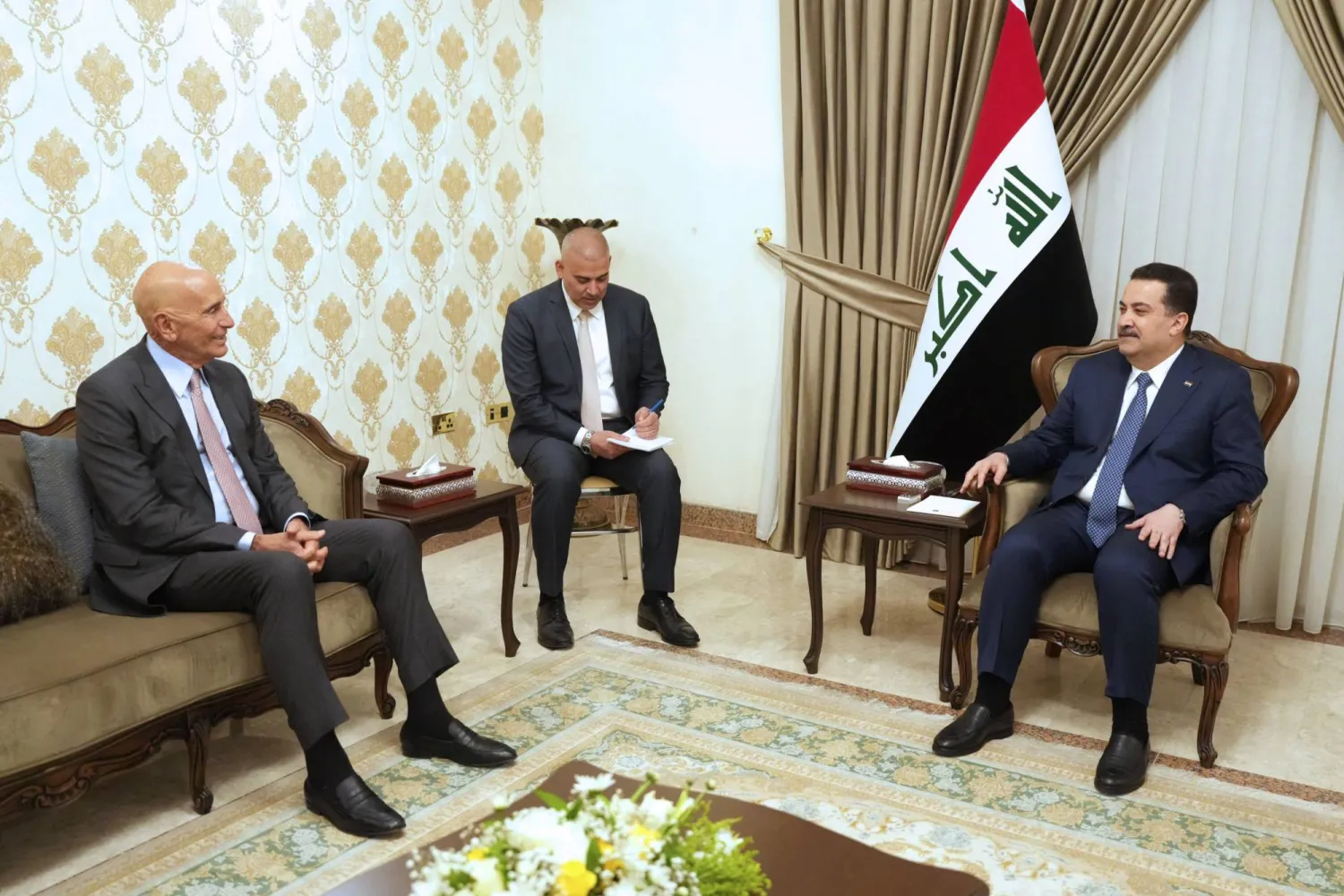Israel's top court on Friday moved to allow international aid groups to keep operating in the Gaza Strip and other Palestinian territories as Israeli strikes killed at least five people across the war-torn enclave.
The Supreme Court's order, which followed a petition from 17 aid groups, effectively halted an earlier Israeli government decision that barred aid groups for refusing to comply with Israel's new rules.
Israel had announced it will ban 37 aid groups by March 1 for not abiding by rules introduced last year that require aid groups to register names and contact information of employees, and provide details about their funding and operations.
The groups view the rules as invasive and arbitrary, and say the ban would hinder critical assistance. Israel says the new measures are necessary to ensure armed groups do not infiltrate humanitarian organizations.
A US-negotiated ceasefire reached in October has halted major military operations. But the two-year war triggered by Hamas' Oct. 7, 2023 attack on Israel has left much of the territory in ruins and most of Gaza's 2 million Palestinians reliant on international aid.
Israel has also continued to strike what it says are gunmen, often killing civilians.
Aid groups express relief Friday's order was a temporary injunction while the court considers the case. There was no timeline for a final decision.
“This is, however, a step in the right direction — with a long, long way still to go. We will keep fighting to be able to do our jobs, and deliver life saving assistance to Palestinians in need,” said Athena Rayburn, the executive director of AIDA, an umbrella organization representing over 100 groups operating in the Palestinian territories.
Lawyers representing the aid groups said the decision has given Palestinians in Gaza and the West Bank some “breathing room."
The petition said the new rules violate international law, and that Israel, as an occupying power, has the obligation to ensure food and medicine reach people. It also says Israel does not have the authority to shutter organizations in areas under the nominal control of the Palestinian Authority.
COGAT, the Israeli military body overseeing civilian affairs in Gaza, has said that the organizations whose licenses are to be revoked contribute less than 1% of the total aid going into the territory. More than 20 organizations will continue to operate after complying with the new regulations, it said.
Airstrikes kill at least 5
Israeli airstrikes overnight killed at least five people, four of them members of the Hamas-run police, officials said Friday.
Such strikes have repeatedly disrupted the truce since it took effect in October. The escalating Palestinian death toll has left many in Gaza feeling as though the war never ended.
Three of the five were killed by a strike on a police checkpoint in southern Gaza near Khan Younis, said Dr. Ahmed al-Farra at Nasser Hospital. Another died in a strike on a checkpoint in Bureij refugee camp, according to a statement from the Hamas-run Interior Ministry, which oversees police in Gaza.
A separate strike in western Khan Younis killed one Palestinian, al-Farra said.
The Israeli military said it killed several fighters in Rafah, on the border with Egypt. It said the strikes were in response to a violation of the ceasefire.
The Hamas-run police force has continued to operate in the half the territory under the group's control. The ceasefire agreement calls for Hamas to disarm and hand over power to a committee of Palestinian administrators, and for Israel to withdraw as international forces are deployed. There is no firm timeline for implementing those aspects of the agreement.
US Embassy provides services in settlement
Meanwhile, in the occupied West Bank, the US Embassy began offering consular services for the first time Friday in an Israeli settlement.
The move continues a shift in policy under US President Donald Trump, whose administration has been far friendlier to Israeli settlements in the West Bank than past US leaders. Most of the international community views the settlements as illegal and an obstacle to peace with the Palestinians.
People lined up in the settlement of Efrat, where some 4,000 US citizens live. “The United States says Efrat is part of Israel, Efrat is going to be forever here,” the city’s mayor, Dovi Sheffler, said.
More than 500,000 Israelis live in settlements across the West Bank, which is home to around 3 million Palestinians living under military rule, with the Palestinian Authority exercising limited autonomy in population centers.
The US Embassy has previously provided consular services in Ramallah and other Palestinian cities in the West Bank, which is home to many Palestinian Americans.
Israel captured the West Bank, Gaza and east Jerusalem in the 1967 Mideast war, territories the Palestinians want for a future state.









